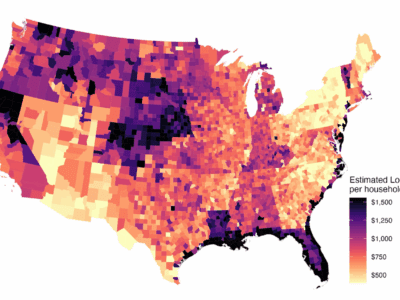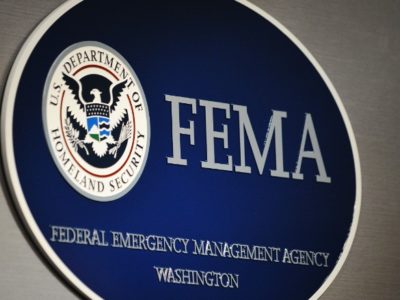The Most Important Law Most People Have Never Heard Of
Here’s how the APA bolsters the rule of law and protects the environment.
Seventy-nine years ago, President Harry Truman signed a law that, to this day, most Americans have never heard of. Even the title of the law — the Administrative Procedure Act or APA — is a guaranteed yawner. Yet this law is central to the rule of law and, among other things, to environmental protection. We are learning from the current Administration’s efforts to evade the APA just how important it is.
Administrative procedure is a complicated subject that takes up most of a full semester course in law school. But at heart, it consists of three principles:
- Agencies cannot exceed the powers granted by Congress and must follow their own rules and congressionally mandated procedures.
- Agencies must give reasoned explanations when they decide factual or policy issues.
- People harmed by agency decisions have the right to judicial review.
You might say that this is nit-picky lawyer stuff. But these principles are crucial to preventing lawless or arbitrary government actions. It’s also important that the APA itself and other statutes create opportunities for the people affected by decisions to know what the government is up to and have their views heard.
Having to follow the mandated procedures and comply with the minutia of statutes can be a vexing source of delay and make it harder to implement important policies. Overly proceduralizing things can be a mistake. But we’re getting a vivid lesson right now on why procedure can also be desperately important.
The APA doesn’t apply to presidential actions, which is one reason Trump is trying to govern through presidential fiats like executive orders rather than going through normal agency procedures. And even at the agency level, there’s been every effort to shortcut or simply ignore procedural requirements. We see the results: orders targeting perceived enemies of the regime, budget and staff cuts that ignore statutory safeguards, efforts to make huge policy changes by a stroke of the presidential pen.
Shortcutting procedural protections is particularly important on issues that involve broad public interests rather than powerful economic interests. Major corporations don’t need procedures to make sure that their voices are heard. People who care about air pollution or preserving endangered species, on the other hand, do not have guaranteed entrée to the halls of powers. Their claims often rely on scientific evidence. Unless it has to “show its homework” as administrative law requires, it’s easy for government officials to justify bad decisions with bad (or no) science. It’s also easy to go after public interest groups that do not command enormous resources or vast rosters of supporters.
More fundamentally, the requirements of legal and procedural regularity prevent the arbitrary use of government power to reward friends and punish foes. The current Administration seems to remind us on a weekly basis why that’s so important.
So let’s all just take a moment on the law’s 78th birthday to appreciate the important safeguards that Harry Truman and the 1946 Congress gave us.







Reader Comments